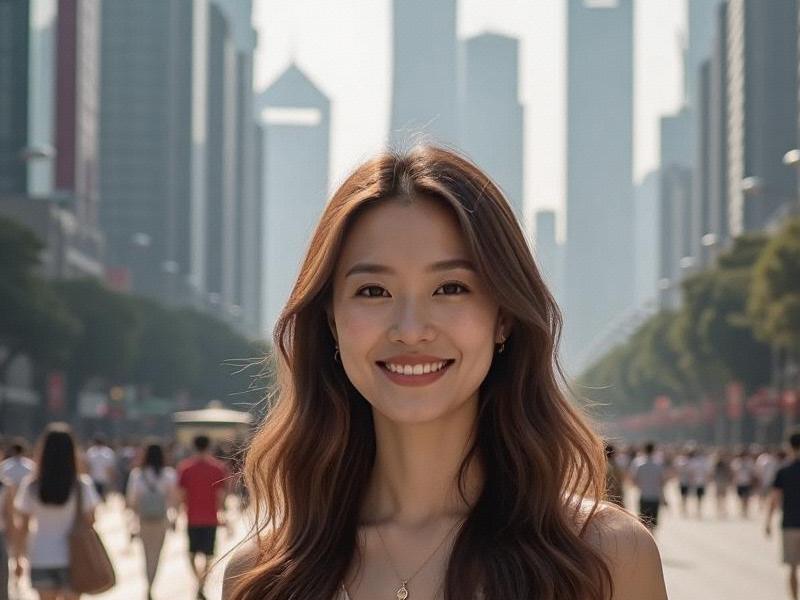This 2,500-word investigative feature examines the unique blend of traditional values and modern empowerment that defines contemporary Shanghainese women, exploring how they navigate career, relationships and societal expectations in China's most cosmopolitan city.

Section 1: The Shanghainese Woman Phenomenon
Shanghai's female residents represent a fascinating case study in modern urban womanhood, characterized by:
- Highest female tertiary education rate in China (73%)
- Average marriage age of 31.4 (national average 28.2)
- 58% home ownership among single women
- 41% of senior management positions held by women
Career Powerhouses
Statistical insights reveal:
- 3:2 female-to-male ratio in financial sector leadership
- 47% of tech startups have female founders
- Average salary 89% of male counterparts (vs 78% nationally)
上海龙凤419贵族 - 62% pursue continuous professional education
Fashion as Cultural Currency
Distinct style elements include:
- "Power qipao" hybrid workwear trend
- Sustainable luxury adoption rate 3× national average
- Micro-trend cycles averaging 9 days in fashion districts
- "Smart elegance" as dominant aesthetic
Relationship Dynamics
Notable social shifts:
- 68% reject "leftover woman" stereotype
- Average 3.2 serious relationships before marriage
上海贵族宝贝龙凤楼 - 59% use dating apps primarily for networking
- 72% believe in egalitarian household duties
The Beauty Paradox
Conflicting pressures:
- ¥3,200/month average beauty expenditure
- 41% have considered cosmetic procedures
- Growing "natural beauty" counter-movement
- Workplace discrimination cases down 28% since 2020
Cultural Ambassadors
Prominent figures exemplifying the trend:
- Tech: AI pioneer Dr. Wu Xinyi (35)
上海龙凤419 - Finance: HSBC China VP Li Jia (42)
- Arts: Installation artist Wang Siyu (29)
- Sports: Olympic fencer Sun Yiwen (27)
Challenges Ahead
Persisting obstacles:
- 19% gender pay gap in multinationals
- Maternal wall bias in promotions
- Intensive social media beauty standards
- Work-family balance pressures
Shanghainese women continue to redefine Chinese femininity through their unique combination of professional ambition, cultural preservation, and personal agency - creating a new blueprint for urban womanhood in 21st century Asia.